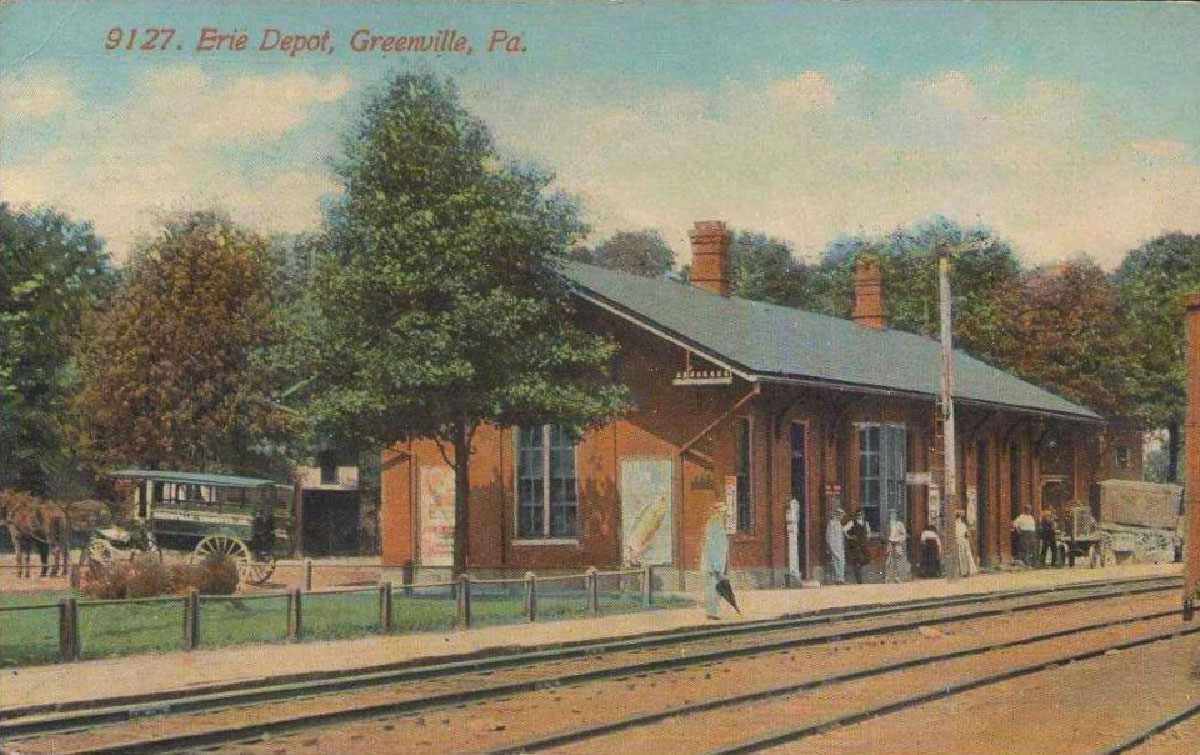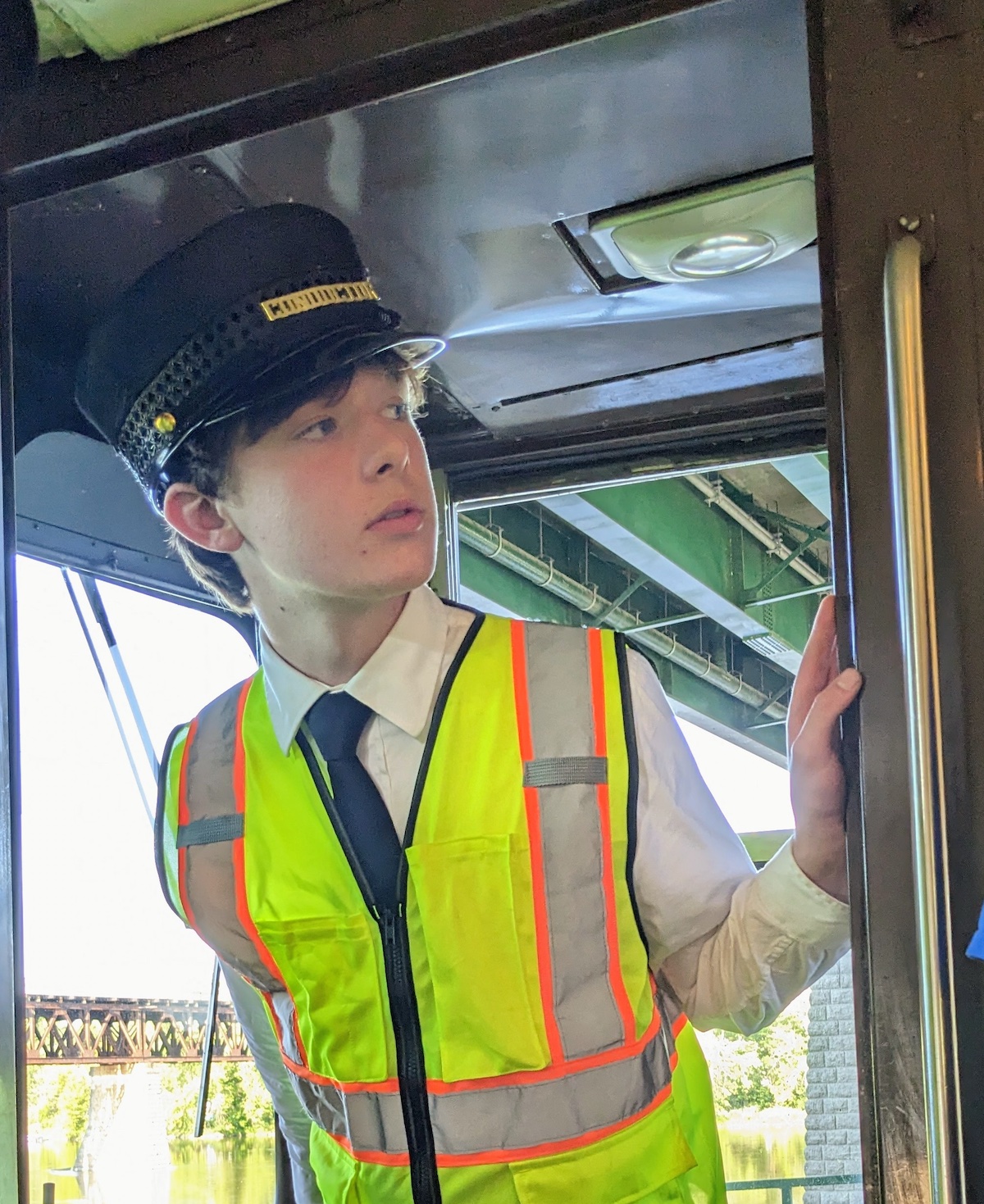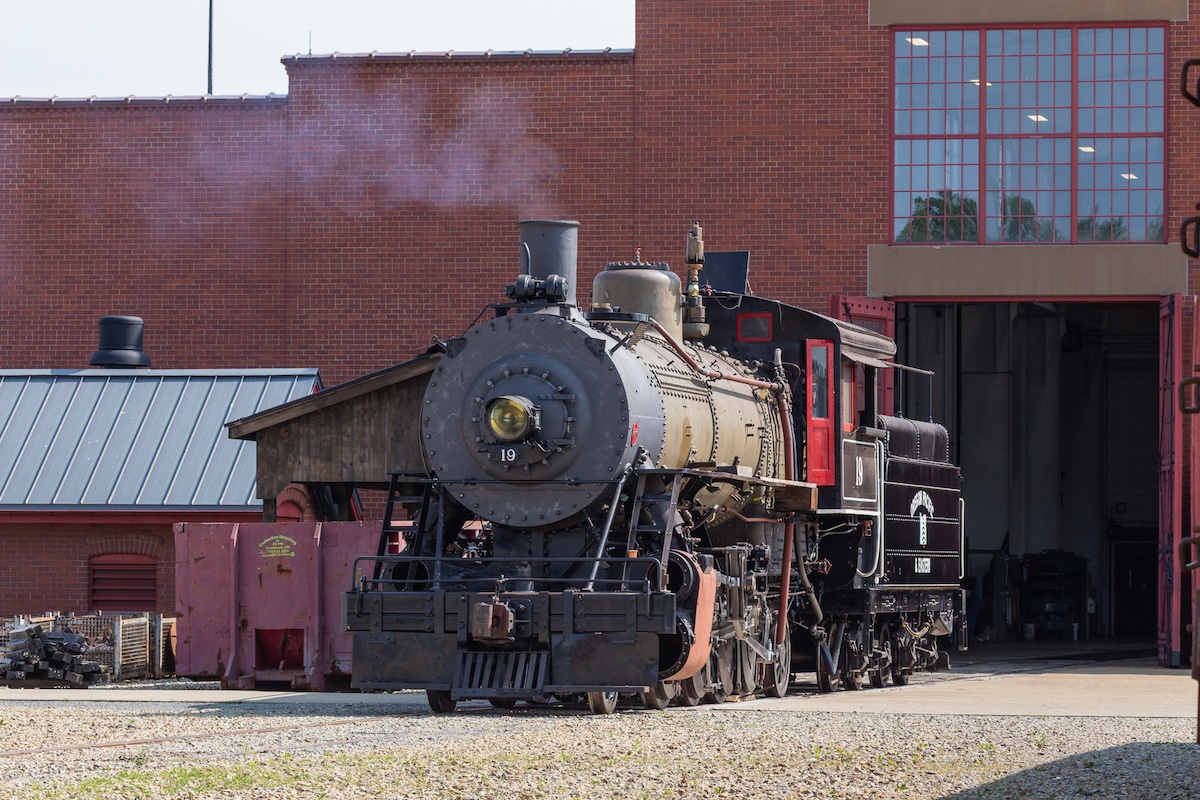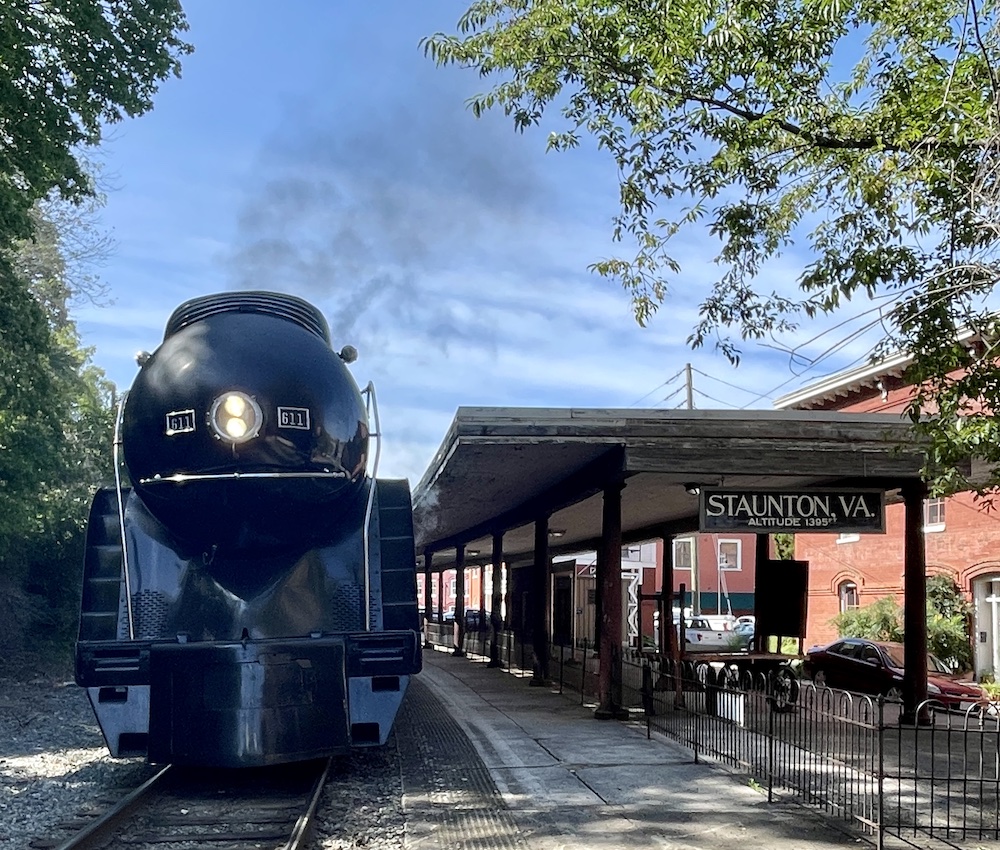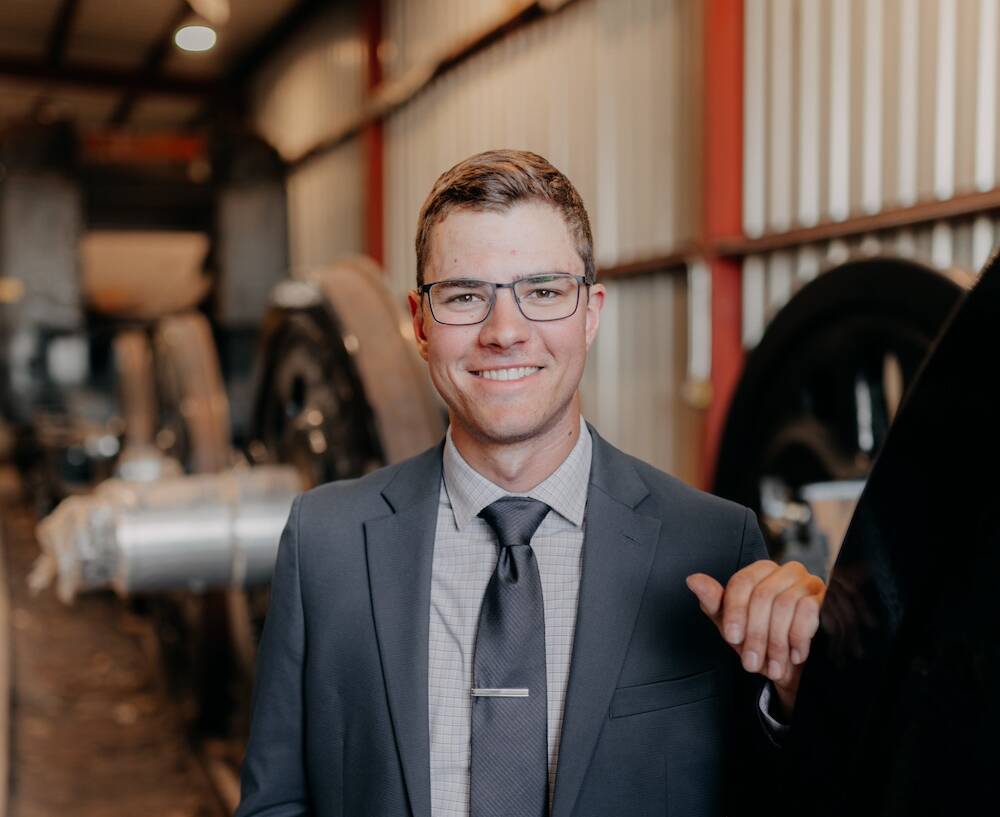
Like the song once performed by Johnny Cash, Stephen Hook seems to have been everywhere, man. Starting his rail preservation venture as a volunteer for Nashville’s Tennessee Central Railway Museum at age 13, the now 25-year-old criss-crosses the United States as the mechanical technician for FMW Solutions — a railroad contract and consulting firm out of Soddy-Daisy, Tenn. — while also volunteering with the Fort Wayne Railroad Historical Society out of Indiana. Yet the capital of country music is still home for Hook as he continues to put time into TCRM, in addition to serving as the volunteer coordinator and shop foreman for the restoration of Nashville, Chattanooga & St. Louis Railway No. 576 at the hands of the Nashville Steam Preservation Society.
How did you get involved in rail preservation?
Stephen Hook: I had a friend volunteering at the Tennessee Central Railway Museum. So for the whole summer, going from my seventh to eighth grade in middle school, I came up and started volunteering regularly. From there, I started giving tours and car hosting on the train.
It took six months before I started wandering down into the engine house where the guys were restoring some of the equipment. Shortly after that, the gentlemen there figured out that this kid is good for fitting in tight spaces. I guess it was about 14-15 years old years old when I actually got to put a wrench in my hand, and that was just a deep dive ever since. I loved it.
The nice thing about rail preservation in most places is that the more you do, the more you’re asked to do. With a little background, one of the partners at FMW Solutions is also a co-founder of Nashville Steam, and they both started about the same time. That was how I got my introduction with the contractor as I was volunteering on No. 576 in Centennial Park. FMW hired me in 2019, and I started my career working on the Sugar Express No. 148 when it was still in the restoration phase.
That was also when the restoration on No. 576 was firing up. We were out of the park, at a facility at TCRM, and needed to get this done in a reasonable amount of time. That’s when I took on my full-time position with the society [leading to volunteer opportunities with Fort Wayne Railroad].
As a young preservationist, what have you found to be the most challenging aspects in the industry?
Stephen Hook: We’re seeing a pretty significant change from what we might call the “Old Guard” — the guys who have been doing this since the 1970s-1990s when rail preservation took on an entirely different face. I don’t know a whole lot about how it was done as all I heard were stories. But I know that we’ve been put in an interesting predicament because there’s a lot of places that started their operation and were very successful for a long period of time. But now, we’re making the transition from the way they used to do things of, “We’re going to run trains, sell tickets, and people are gonna buy them and enjoy it because they rode trains when they were kids, and they get to relive it and share it with their kids.”
That’s no longer true. There are now several generations of parents — in between there — that haven’t grown up with frequent rail travel, don’t understand the significance, and don’t have a particular draw to it. So a lot of these organizations are having to restructure and find new ways to attract them. There are some groups that are doing that really well with some doing their best in working on it. But there’s not a defined formula to it. It’s kind of uncharted territory.
The second part is going to be tools and parts. Getting and making parts, and the skills that go behind building, maintaining, and operating old equipment are very much perishable. Parts are less available and more expensive. And regulations are also harder in getting the ability to operate trains.
What’s been the most rewarding for you so far?
Stephen Hook: There’s two competing answers for what I think is the most rewarding.
I think the number one most rewarding, on a personal level, is watching what our success is able to do for other people. When we plan and execute everything down to the last detail, it’s ultimately watching the families get together and enjoy this work we’re doing. I get enjoyment and satisfaction from doing the work, but I get more satisfaction from watching other people get to enjoy it.
The best example of that was the first time that I ever really got to work around live, running steam. It was 2021 at Cuyahoga Valley Scenic Railroad with Nickel Plate Road No. 765 for Steam in the Valley. The first time that I stood in the middle of the crowd as the locomotive did a runby, and watching everybody’s reaction, I said to myself at that moment, “If I can’t ever find my own personal reason to show up one day, then this will be enough.”
The close second is being able to challenge myself and overcome challenges. Specifically in the machining and mechanical side of getting to do things, sharpen my skills, develop them, and get better. There’s a lot of things that I’ve worked on before, like taking on a new project. The training wheels then come off after the first couple of projects and you’re in the learning mode. When it works out, just as you plan it, that’s another one of the best and rewarding points.
Where do you see rail preservation as it is today and what do you hope it’ll become for the future?
Stephen Hook: Once again, rail preservation is at either a tipping point or teeter totter. Most, if not all organizations are presented with a very good opportunity to do something new. Most groups can establish that some changes need to be made to engage this new generation.
Especially if you pay attention to the amount of steam restorations that have started off in the last eight years. There have been several high-profile projects being successful towards their goals. Of course, these things are very dependent on, with the execution being an important part. But it almost revived my feeling of something we really have to work with here.
I think across the board, there’s a bright future for a lot of organizations as we enter this new generation of what rail experiences and preservation is going to look like. As it gets older, while the knowledge is passing on and we’re fighting to keep up with material costs and skill level of the labor force, we’re still watching a lot of people shooting to the top.
What advice would you give for any young person looking to get involved in the industry?
Stephen Hook: What would I tell my younger self?
Listen and be teachable. I’d say being teachable is probably the biggest thing. You aren’t going to learn anything if you think you already know everything. I’ve been very fortunate to have some fantastic mentors, and this was something that was told to me by a gentleman who specifically said, “Don’t try to impress me with already knowing things.
“If I answer a question for you that’s something I know and you know, then I don’t have to think about it anymore.”
Ask the question anyway. It doesn’t matter.
Also, get advice and make friends. The Railroad Passenger Car Alliance (RPCA) was one of those places where I learned that friends are going to be there for each other. You’re gonna need a part or advice, and if you have friends all around the country that can help you, hopefully they also know they can come to you and everybody can support each other.
Finally, you will get a very good set of data as for what is wrong, right and in the middle if you are kind, courteous, and talk to everybody. Be a good person.






